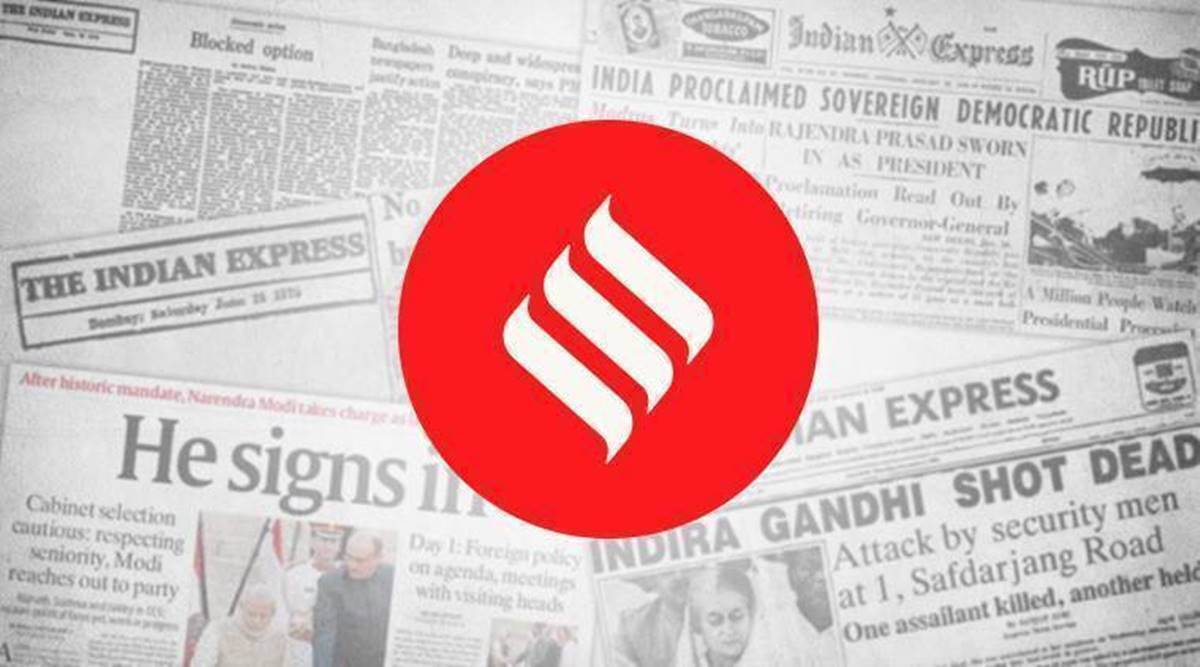 V P Singh came to prominence in a time when caste, not class, became the primary axis around which politics was conducted.
V P Singh came to prominence in a time when caste, not class, became the primary axis around which politics was conducted. At the beginning of his political career, over 35 years ago, Ajit Singh was simply the son of Chaudhary Charan Singh, one of the most prominent peasant leaders from the north in independent India. But, when he passed away on Thursday at 82, from Covid-19, he had, to a great extent, carved a niche for himself both as a Jat leader from western Uttar Pradesh as well as a compelling presence at the Centre, particularly in the era of coalition politics.
Charan Singh’s greatest strength was that while he was a leader of the Jats, particularly in UP, his articulation of politics was broader, encompassing the idea of the “kisan”, across communities. By the time Ajit Singh was ready to take on his father’s mantle in the late 1980s, the churn in politics brought about by Mandal had wrought large changes. V P Singh came to prominence in a time when caste, not class, became the primary axis around which politics was conducted. Despite this changed scenario — even because of it — Ajit Singh managed to use his strong but geographically limited political influence to advocate for the rights of peasants.
Singh was elected to the Lok Sabha several times and the party he founded, Rashtriya Lok Dal, continues to have an influence in West UP, especially among Jats. He served as a Union minister under four prime ministers from three different political dispensations. In the last few years, the BJP juggernaut diminished his influence in UP, but could never eradicate it. Singh managed to advocate for the interests of his core base at a time when coalition politics had increased the competition for both power and resources steeply.
- The Indian Express website has been rated GREEN for its credibility and trustworthiness by Newsguard, a global service that rates news sources for their journalistic standards.

